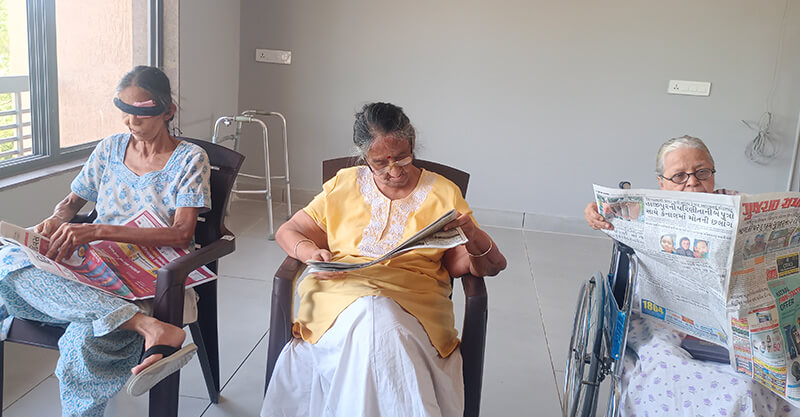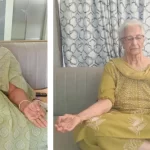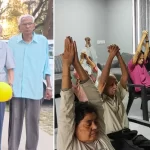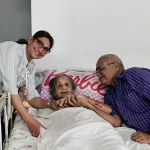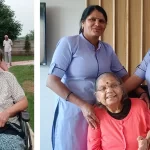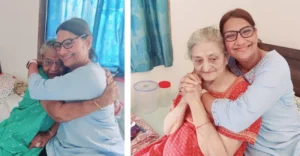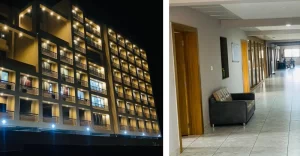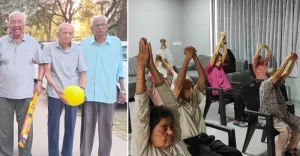Understanding of Neurological Disorders in the Elderly
As we age, our bodies, particularly our nervous system, degenerate with a natural reduction of blood circulation, or arteries getting stiffened, slowed down nerve cells, etc. Sometimes our physical conditions like uncontrolled blood pressure, diabetes, and high cholesterols can speed up the above process. Good neuro health is dependent on many factors. Therefore doctors cannot stress enough the emphasis on a good lifestyle, workouts, and preventive health checkups. Neurological disorders in the elderly do not have a cure forward. One can maintain, or slow down with a sound treatment protocol after a diagnosis.
8 Common Neurological Disorders in the Elderly
1. Strokes
Strokes are reduced blood flow to brain cells, causing cell death or sometimes blood vessels even burst towards a brain hemorrhage. The stroke probability as one ages, especially after 65, goes higher. It can lead to partial or permanent disabilities in the elderly. Symptoms include sudden numbness of the face, arms, or limbs, slurred speech, loss of balance or coordination, blurred vision, or fainting. Timely action or treatment decides the extent of the damage. Severe cases even lead to paralysis of the body and bed confinement. Depending on which part of the brain takes the impact, a rehabilitation program for stroke recovery gets worked out, be it a good healthy diet to create more neurons, physiotherapy to build muscles and movements, plenty of rest, timely medications, appropriate exercise, and a whole lot of attention and care.
2. Dementia
Dementia is one of the most common neurological disorders in the elderly. Living with dementia is like living with a new self, blissfully unaware of the old version, or finding ways to adapt to new ways to live a quality life. It is more challenging for the caring family or primary caregivers as it requires close monitoring. Dementia is a loss of cognitive functioning impacting their daily lives. Memory issues, speed of thought, language, or perception changes take a hit. Dementia can be slowed down if identified early through medications and therapies. For the elder, their safety and security may become more crucial with the tendency to wander off, forgetting medicines or putting themselves in dangerous situations.
You may like to read this: Dementia Care for Elderly: What is it? Reasons & Benefits of Nursing Homes
3. Parkinson’s
Parkinson’s is another neurological disorder in the elderly, often affecting movements including tremors, loss of balance, and stiffness. Sometimes it can be genetic, and sometimes due to poor lifestyle choices. The postures and movement can be severely impaired as the condition progresses. Timely medicines are the key in such scenarios. Physiotherapies and supportive therapies can help them to maintain a quality lifestyle.
4. Epilepsy
Epilepsy is disturbances in brain activities. Reasons can be stress-induced or even an after-effect of strokes, brain infections, trauma, lack of oxygen, or high blood pressure. Epilepsy either happens in childhood or at an older age, and it creates sudden electrical abnormalities in the brain leading to recurrent seizures. EEGs, MRIs, or CT scans help to diagnose the underlying cause of epilepsy and diagnose it. Sometimes seizures come and go, and it keeps damaging the brain more. At a senior age, any surgical brain procedure is risky, the condition has to be monitored closely with medication and therapies.
5. Migraines
Migraines are often ignored by either taking painkillers, but migraines in elders are mainly due to increased tension on both mental and physical levels in the body. Sensory distractions, dehydration, and aftereffects of medicines all contribute to recurrent migraine cycles. Symptoms include nausea, painful headaches, vomiting, or hyperactive senses. One can either go for medicines or alternative therapies like acupuncture, etc, but the best way is to keep the source away if known, like close-crowded rooms, high volumes, bright lights, food, or anything that triggers it.
6. Sclerosis
Sclerosis is a condition wherein the body’s immune system attacks its tissues, serving as a protective layer to nerve fibres in the brain. This lifelong condition can cause permanent disabilities and affect movements, visions, sensations, or balances. Sadly there is no cure for it. Easing the symptoms is the only possibility. The diagnosis itself gets complex in the condition. During this condition, they require everyday help, listening ears, and a lot of understanding from the family or caregivers. With strong medications, the focus needs to be on emotional well-being too.
7. Bells Palsy
Bells Palsy is an inflammation, infection, or swelling that controls your facial muscles. Time intervention of health professionals and getting started with anti-viral medications, eye lubrication, and face massages are usually treatment protocols. Physiotherapies help in aiding in reversing the condition. In elders, it may also cause dry eyes, incomplete eye closure, etc. It may even cause one side of the face to droop. With careful handling and medications, this condition has hope, even for seniors.
8. Brain Cancer
The prognosis for brain cancers in the elderly is worse compared to younger patients. It causes painful headaches and increases the pressure. It comes with unstoppable aggression of tumors that increases in size. Surgeries are mostly not an option at a senior age, and they go into palliative care for a better quality of life with minimal pain. Chemo sessions are also not advised, and oral medicines get prescribed as substitutes. A good diet, undivided care, and love go a long way in keeping the elderly patient comfortable.
Why PapayaCare is Best for Neuro Care?
For neurological disorders the elderly care, it is best to go into a rehabilitation center or a full-fledged assisted living facility that will cater to the medical and emotional needs of your loved one. Papayacare in Ahmedabad is one of its kind assisted living facility that offers neuro care and rehabilitation treatment under medical supervision. They have round-the-clock nursing staff who administer medicines on time and overlook the care regime of residents. Physiotherapists or counselors are on board to help them navigate their neuro issues. The facility is safe, with secure infrastructure, staffing, and surveillance cameras. There are neuro-condition-appropriate activities planned every day. It enables them to interact and mingle or observe being part of a group. People are in and out of the room, never letting them feel isolated. An ambulance is on-site for any emergency hospitalizations.
Conclusion
Neurological disorders in older adults are often considered a liability or the end of a journey, but one can give them a life of dignity. They still have a long way to go with or without their memory. It’s prudent to hold them, take them on a spiritual route, and accept them the way they are without any conflicts. Their behavior is only a result of their condition and not personal. Neuro care needs to be high on empathy, compassion, and trust.

